The Best Fruit Trees For Tennessee Gardens: 7 Essential Picks
Matching varieties to your yard’s site conditions yields sweeter, reliable harvests.
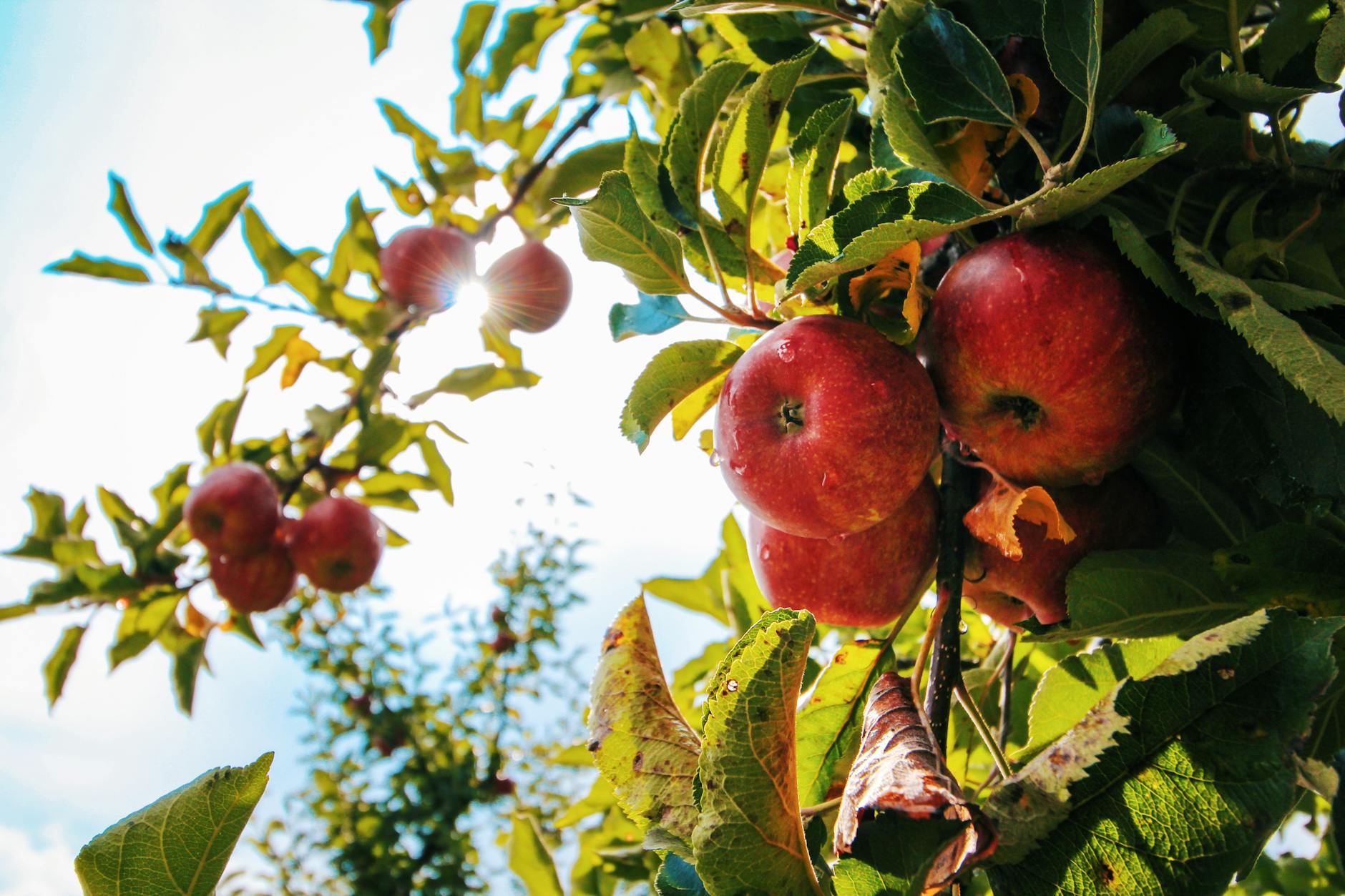
The Best Fruit Trees for Tennessee Gardens: A Complete Guide
Tennessee’s moderate climate, defined by USDA zones 5b to 8a, creates a fertile environment for a diverse range of fruit trees. Gardeners in the Volunteer State enjoy seasons that provide just enough winter chill for dormancy, but aren’t so harsh as to threaten tree health. Choosing the right fruit trees and understanding their unique requirements can make orcharding in Tennessee a deliciously rewarding endeavor.
Understanding Tennessee’s Climate for Fruit Trees
The interplay of warmth, humidity, and winter chill hours makes Tennessee suitable for many temperate fruit species. The moderate conditions promote high productivity for fruiting trees without the extremes of heat or cold that can stress plants or reduce yields. Success depends on aligning your tree selections with your local USDA hardiness zone and planning ahead for pollination and maintenance needs.
Top Fruit Trees for Tennessee Gardens
- Apple Trees
- Pear Trees
- Peach Trees
- Cherry Trees
- Plum Trees
- Fig Trees
- Pawpaw Trees
Let’s look closer at each fruit type, recommended cultivars, and growing tips tailored for Tennessee gardeners.
Apple Trees
Apples are a classic orchard staple, valued both for their sweet, fragrant flowers in spring and the iconic fruits in autumn. Beyond desserts and pies, apple trees add four-season beauty to landscapes.
- Pollination: Most apples require a second variety with overlapping bloom times for proper pollination and fruit set.
- Espaliering: Many apple cultivars are suitable for training along wires or garden walls, maximizing productivity in small spaces.
Recommended Apple Varieties for Tennessee:
- McIntosh – Needs more chill hours (around 900), ideal for cooler regions in Tennessee.
- Fuji – Thrives in USDA zones 6–8; requires adequate water, well-suited across much of the state for its sweet, crispy fruit.
- Granny Smith – Hardy and productive with lower chill requirements (about 400 hours), self-pollinates well but yields more with a pollinator planted nearby.
Pear Trees
Pears are reliable and resilient trees, adapting well to Tennessee’s range of temperatures. They are known both for their juicy, flavorful fruit and their ornamental blossoms.
- Plant Two Cultivars: Plant at least two different cultivars together to ensure cross-pollination and consistent crops.
Top Pear Varieties:
- Bartlett – Classic, sweet, and juicy.
- Comice – Renowned for its dessert-quality flavor.
- Other adaptable cultivars are widely available to suit different tastes and spaces.
Peach Trees
Peaches thrive in Tennessee’s warmer regions, especially where USDA zones skew higher. They reward patience with early harvests, some fruiting in as little as one to two years after planting.
- Climate Match: Choose for sites with full sun and well-drained soils; avoid frost-prone low spots.
- Quick Production: Many modern peach varieties reliably produce fruit on young trees.
Cherry Trees
Cherries offer sweet or tart fruits as well as stunning springtime flower displays. While some sweet cherry types can be sensitive to late frosts, tart cherries (such as Montmorency) are more adaptable and productive in Tennessee’s climate.
- Tart Cherries: Often less sensitive to humidity and disease.
- Pollination: Depending on cultivar, may require a second variety for optimal yield.
Plum Trees
Plums perform well throughout Tennessee, with Japanese and American types often outperforming European varieties due to heat and humidity tolerances.
- Care: Proper spacing and pruning are crucial for air circulation to avoid fungal diseases.
Fig Trees
Figs are less common but increasingly popular as Tennessee gardeners experiment with cold-hardy cultivars. They are prized for sweet, honeyed fruit and can often be grown as large bushes or trained along walls for winter protection.
- Best Varieties: ‘Brown Turkey’ and ‘Chicago Hardy’ are the most adaptable for Tennessee gardens.
Pawpaw Trees
Pawpaws are native to the eastern US, including Tennessee. These trees offer unique, custard-like fruits packed with tropical flavor and few pests or disease issues in their native range. They require at least two genetically different trees for pollination.
How to Choose the Best Fruit Trees for Your Space
- USDA Hardiness Zone: Always match your fruit tree selection to your local zone for the best growth and yield.
- Chill Hours: Verify that your chosen cultivars receive the winter dormancy period they require to fruit well.
- Pollination Needs: Many fruit trees need a compatible partner with overlapping bloom times for successful fruit set.
- Sun and Soil: Fruit trees thrive in full sun and well-drained soil; avoid shady spots and heavy clay where water pools.
Essential Care Tips for Tennessee Fruit Trees
- Planting: Dig a hole twice the width of the root ball and plant at the same depth it was in the nursery pot. Water thoroughly.
- Mulching: Surround newly planted trees with mulch to conserve moisture, regulate soil temperature, and suppress weeds, but keep mulch away from direct contact with the trunk.
- Pruning: Annual pruning maintains shape, improves air circulation, encourages fruiting wood, and helps control pests.
- Pest and Disease Management: Tennessee’s humidity can foster fungal problems. Prune for airflow, remove fallen debris, and choose disease-resistant varieties when possible.
- Watering: Young trees require regular watering as roots establish; mature trees need consistent moisture, especially during fruit set and growth.
Table: Fruit Tree Suitability by Tennessee USDA Zones
| Fruit Tree | Recommended Zones | Key Requirements |
|---|---|---|
| Apple | 5b–8a | Requires chill hours; two varieties for pollination |
| Pear | 5b–8a | Needs two cultivars; adaptable |
| Peach | 6a–8a | Prefers warmer zones; avoid frost-prone sites |
| Cherry | 5b–7b | Tart types more reliable |
| Plum | 5b–8a | Prefer Japanese/American types |
| Fig | 7a–8a | Cold-hardy varieties best |
| Pawpaw | 5b–8a | Two trees for pollination; native fruit |
Common Challenges and Solutions
- Lack of Pollination: Plant compatible tree pairs or groups to ensure cross-pollination and fruit set.
- Disease Pressure: Select resistant cultivars, prune properly, and practice garden sanitation.
- Poor Drainage: Improve soil or plant on berms to ensure roots aren’t waterlogged, which can kill young trees.
- Weather Extremes: Site trees to avoid frost pockets; mulch for winter root insulation and summer moisture retention.
Designing Your Tennessee Home Orchard
- Mix Fruit Types: Incorporate apples, pears, peaches, plums, and more for continuous harvests and pollination support.
- Espalier and Small Spaces: Train apples, pears, or figs along fences or walls to maximize yield in smaller yards.
- Companion Planting: Interplant flowering plants to attract pollinators and beneficial insects.
Frequently Asked Questions (FAQs)
Q: When is the best time to plant fruit trees in Tennessee?
A: The ideal planting time is late winter to early spring, after soil can be worked but before trees break dormancy. Fall planting is possible if done early enough for roots to establish before winter.
Q: How much sun do fruit trees need?
A: Most fruit trees require at least 6–8 hours of direct sun daily for optimal blooms and fruit production.
Q: What is the easiest fruit tree to grow for beginners?
A: Pears and some apple cultivars are among the most adaptable and resilient, making them excellent first choices for new gardeners.
Q: Do I need to fertilize my fruit trees?
A: Young trees benefit from light balanced fertilizer applications in early spring. Mature trees don’t need heavy feeding if soil health is maintained and mulch is refreshed annually.
Q: Can I grow citrus in Tennessee?
A: Citrus trees are not winter-hardy in Tennessee and must be grown in pots and moved indoors during cold months if you wish to try them.
Final Tips for Tennessee Fruit Growers
- Start with healthy, disease-free young trees from reputable nurseries.
- Be patient—some fruit trees may take 2–5 years to reach full bearing, but the wait is worth it for homegrown taste and beauty.
- Monitor regularly for pests, water wisely, and enjoy a bountiful Tennessee harvest year after year!
References
Read full bio of Anjali Sayee


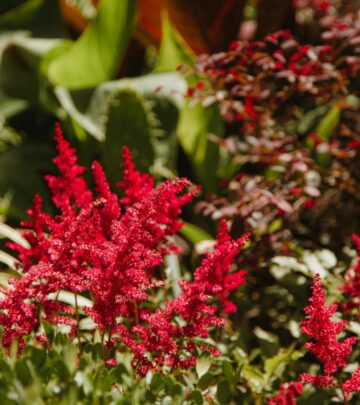
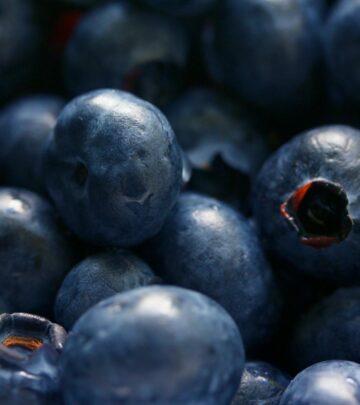


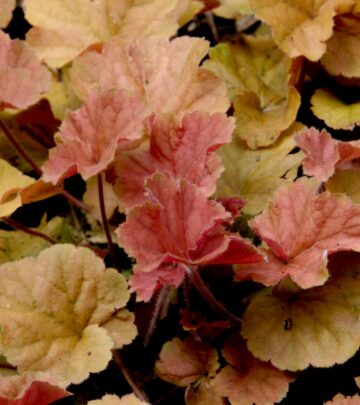


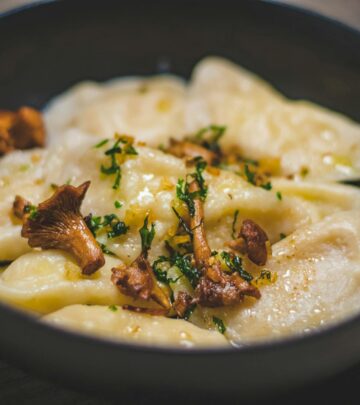
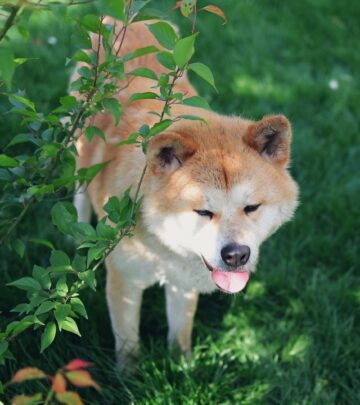





Community Experiences
Join the conversation and become a part of our empowering community! Share your stories, experiences, and insights to connect with other beauty, lifestyle, and health enthusiasts.